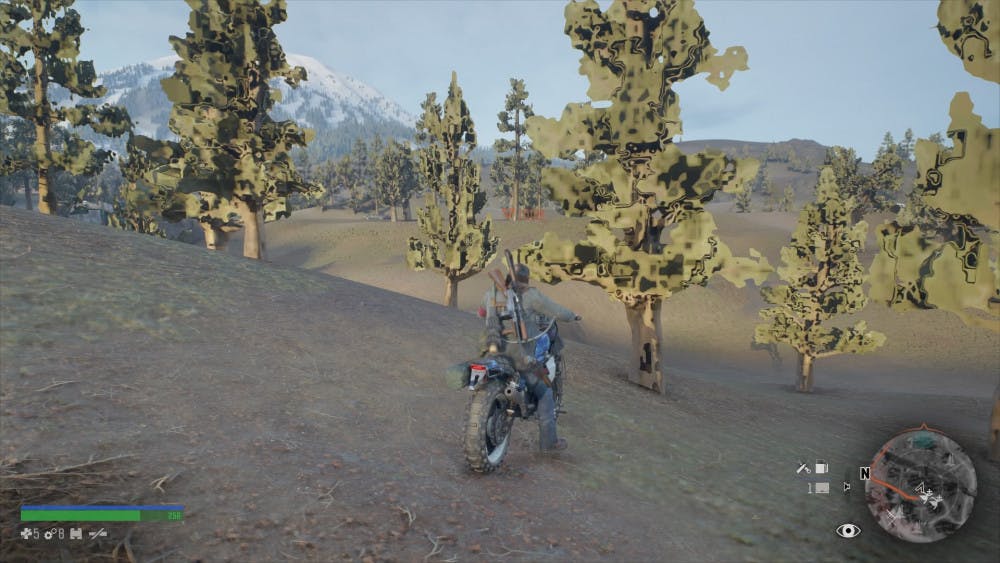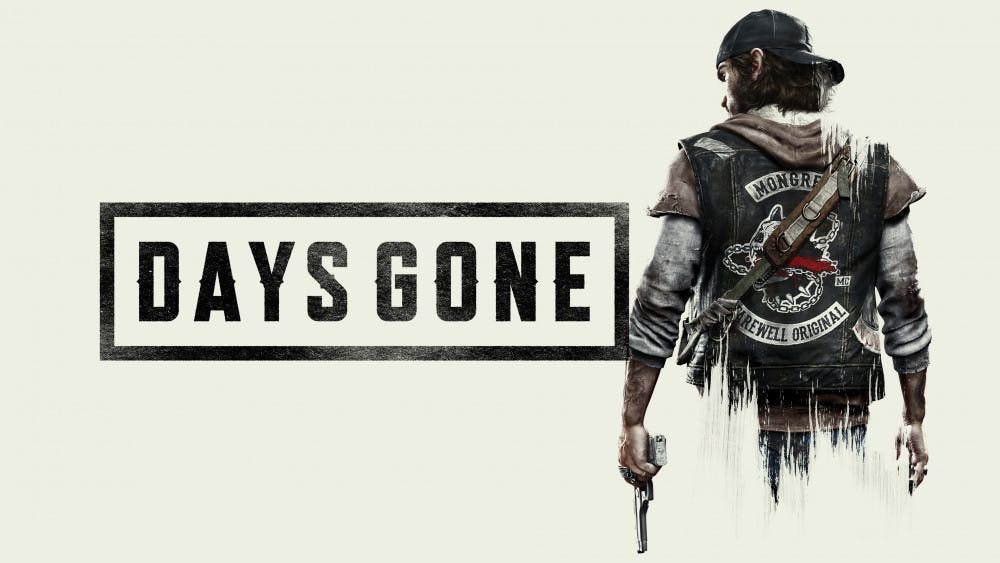by Ben Sapet After four years of real development and three E3s, Days Gone has finally arrived to mixed reviews. With its release so fresh, it’s hard to tell where public opinion will settle on the Sony’s latest exclusive. Some found it a buggy trainwreck; some found it lacking compared original promise; still others decided to band together in comment threads and defend Sony from tepid reviews. Days Gone is a fine game but it belongs in back in 2016, where it first made a splash at E3.
Promising parts
- The Last of Us style combat and crafting
- A Mad Max type dedicated vehicle
- A big, sparse open world like Far Cry 5
- A story composed of constant errand-boy quests, like Ghost Recon: Wildlands
- Slow, methodical preparation like State of Decay
Old at heart
Unlike its version of zombies, Days Gone takes a slow and plodding pace. The story — which is long, bland, and unremarkable enough that its details warrant little attention here — takes about six hours to actually reach. Even when the story starts in earnest, it rarely ever digs its heels in to craft big moments and raise the stakes. The kind of sprawling slow-burn journey through a game can work, like it does in Red Dead Redemption 2 , but Days Gone is not Red Dead Redemption 2. At times, Days Gone seems to know that you aren’t there for the characters and you don’t care about the story. After every one of the overlong cutscenes, a brief radio conversation will almost always summarize it for you —like the developers know how often you’ll be tempted to skip cutscenes and get back to the loop of the gameplay. While the story does have its moments, it takes a whole lot of patience to actually see them. In Days Gone, slowness is not just confined to the narrative, but it seems thoroughly ingrained in the progression system. With a max level of 45 and a peanuts worth of experience for each zombie kill, each skill point takes several in-game days to earn. Upgrades for your bike come just as slowly, requiring you to earn dozens of chores worth of settlement trust points. This pervasive slowness speaks to a disappearing design philosophy. Days Gone wants you to take your time and feel like a citizen of its world. It doesn’t use a steady drip of unlocks, loot, and level-ups to fight for your attention, it just assumes it has your attention. This wouldn’t be a problem if missions served any purpose other than giving your character a little more information each time. Even the excellent gameplay, which sets it apart, doesn’t tread new ground — it simply combines and refines elements of games released during its dev cycle. Again, this is not a problem, it just feels dated. Days Gone , however, does have a problem with its dated approach to representation. The problem is that Days Gone makes little to no effort to represent women and people of color, which feels as 2015 as the rest of the game.Janky through and through
Much has been made of the game’s bugginess, but the bugs usually range from harmless to funny.

Days Gone




















